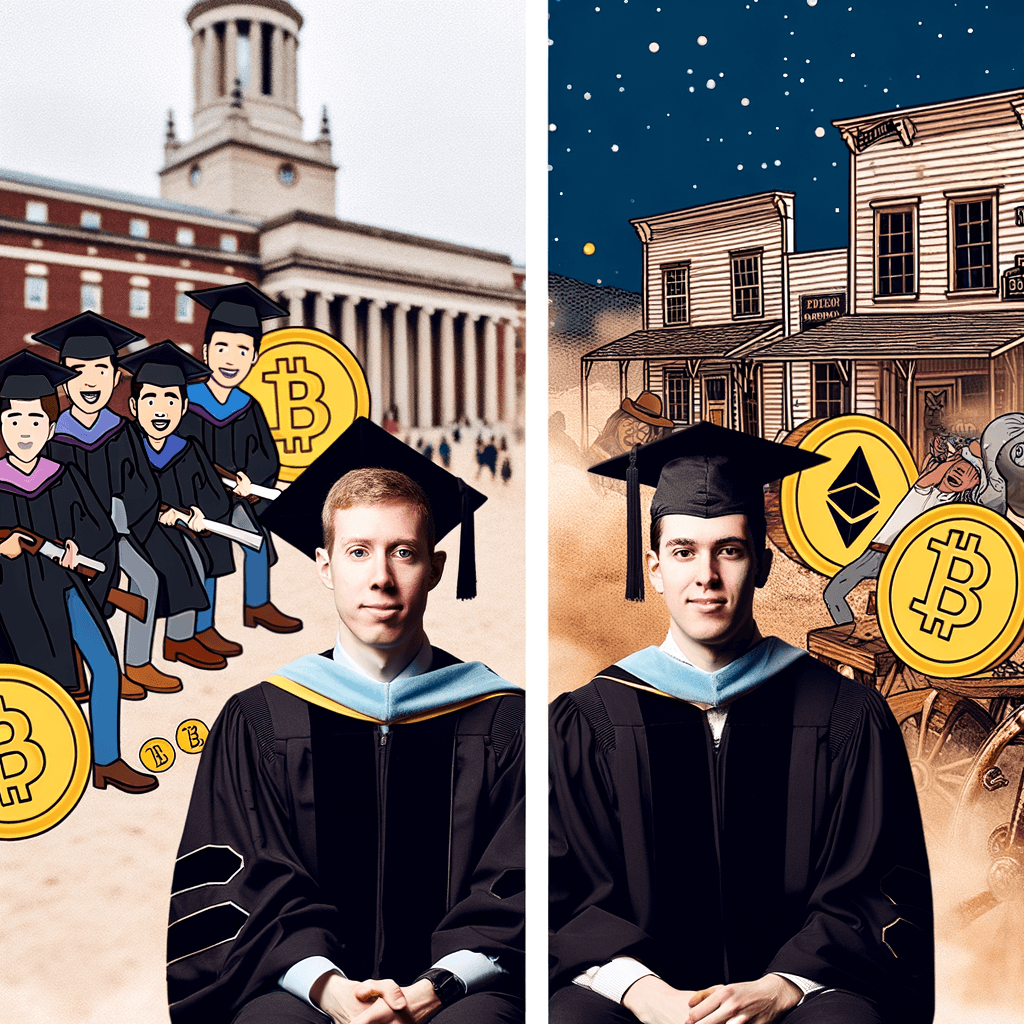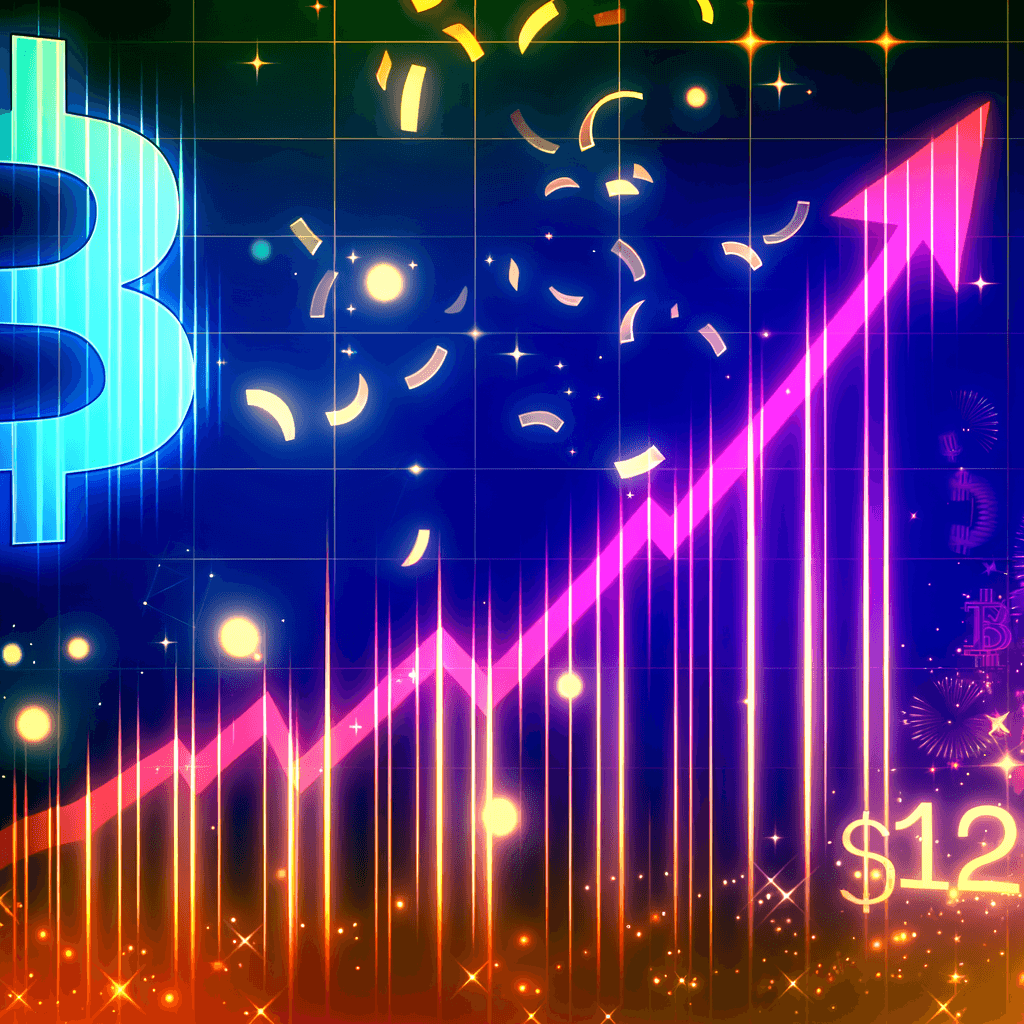October 17, 2025
MIT grad brothers' trial puts focus on 'Wild West of crypto'

October 13, 2025
3

October 10, 2025
PayPay Takes Binance Japan Stake for Crypto, Boosting IPO Value

October 6, 2025
The bitcoin exchange rate has updated its historical maximum and exceeded $125,000 for the first time

October 3, 2025
Coinbase has integrated 1inch

